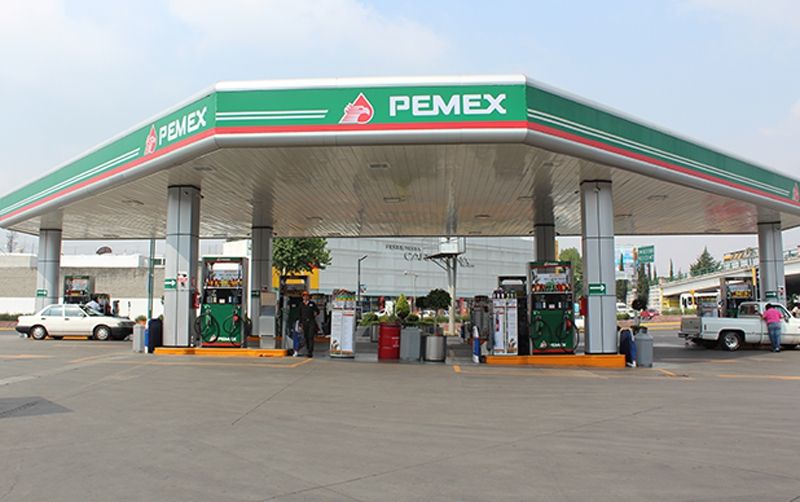Mexico‘s Federal Economic Competition Commission (Cofece) informed this Thursday that it is investigating the possible manipulation of prices in the retail sale of gasoline and diesel.
The Investigating Authority concluded its investigation and issued an opinion of probable responsibility in which it points out the possible existence of absolute monopolistic practices.
With this summons, the procedure followed in the form of a trial begins, in which the economic agents and individuals may defend themselves against the accusations against them.
Thus, Cofece summoned several economic agents and individuals after finding evidence of a probable collusion to fix, raise, agree or manipulate the sale price (absolute monopolistic practice) in the gasoline and diesel retail market in service stations in Mexico.
Gasoline and diesel are fundamental for the country’s economy, since their availability, price and quality have an impact on the well-being of Mexican families and, in a transversal manner, on all productive sectors.
In this regard, the Investigating Authority stated in its opinion of probable responsibility that it had knowledge of facts that possibly derived in the realization of absolute monopolistic practices provided for in article 53, section I, of the Federal Law of Economic Competition (LFCE, for its initials in Spanish).
Gasoline and diesel
This summons initiates the stage of the proceeding in the form of a trial in charge of the Technical Secretariat of the Commission, in which the probable responsible parties may state their rights, offer evidence related to the alleged allegations made against them and present pleadings.
Once the procedure has been carried out, the Plenary of Cofece will resolve in accordance with the law.
If it is proven that an absolute monopolistic practice was carried out, sanctions could be imposed on the economic agents and individuals summoned in accordance with the applicable LFCE.
The Investigating Authority is responsible for investigating: monopolistic practices, absolute or relative, and unlawful concentrations, barriers to competition and essential inputs that may generate anticompetitive effects, and the existence of conditions of effective competition.

